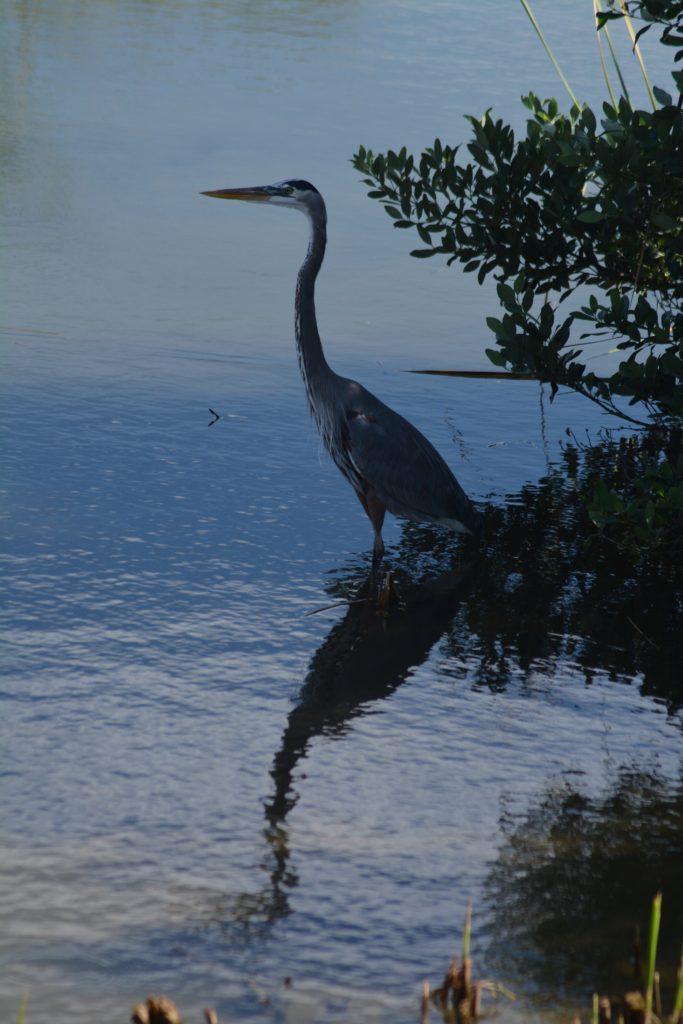
I frequently hate everything I’ve written. I hate that I rely on the same verbal tricks to cover that I don’t really know what I’m doing, that my vocabulary seems so limited, my metaphors are simultaneously mixed, cliché, and not quite right, a reader trying to follow the overall structure probably feels as though they’ve woken up in an MC Escher drawing, and that the insight that was so smart in my head looks as smart and interesting on the page as an aging hairball.
I hate that it never turns out to be what I was trying to write.
Robinson Jeffers’ “Love the Wild Swan” is something so useful at those moments.
“Love The Wild Swan”
“I hate my verses, every line, every word.
Oh pale and brittle pencils ever to try
One grass-blade’s curve, or the throat of one bird
That clings to twig, ruffled against white sky.
Oh cracked and twilight mirrors ever to catch
One color, one glinting
Hash, of the splendor of things.
Unlucky hunter, Oh bullets of wax,
The lion beauty, the wild-swan wings, the storm of the wings.”
—This wild swan of a world is no hunter’s game.
Better bullets than yours would miss the white breast
Better mirrors than yours would crack in the flame.
Does it matter whether you hate your . . . self?
At least Love your eyes that can see, your mind that can
Hear the music, the thunder of the wings. Love the wild swan.
[If you like poetry, and don’t know Jeffers, read him. So good.]
Jeffers is referring to Yeats’ poem, “The Wild Swan at Coole,” and also to Jeffers’ own (I would say successful) attempts to write poetry about the natural world of Northern California. If I’m right about that, then the “one bird” is likely a Great Blue Heron, a bird that set me on a journey.
I’m not a literary critic, nor an expert on Jeffers, so I could be completely mistaken, but this poem seems to me about Jeffers’ feeling a failure when he compares what he’s written to a hero (Yeats) and to the thing about which he’s trying to write (the Great Blue Heron). And, while he’s a great poet, I think that’s all reasonable, to be honest. We’re never as good as our heroes (that’s why they’re heroes), and nothing we write is as beautiful, complicated, elegant, or powerful as the thing about which we’re trying to write.
One line I particularly like is “Better bullets than yours would miss the white breast.” I was incredibly troubled when I discovered that Audubon collected samples of birds by killing them, and I think that’s a good metaphor for a troubling way of thinking about writing. It’s more straightforward to write about something if you kill it—that is, if you stop it from moving. A lot of talk about writing relies on metaphors of aggression, as though writers are at war with our own writing. There are metaphors of domination, control, and force. What if, instead, we imagined the thing about which we’re writing as something we can love, and never kill or capture?
Adrienne Rich’s “Transcendental Etude” is another poem on which I rely when I hate my writing. For me, it’s an exploration of trying to imagine what it would mean to do good work without falling into thinking about achievement in terms of mastery and domination.
It ends with sitting down in a kitchen and bringing together all sorts of things—pretty, ugly, dangerous, comforting. I’ve also found that a really useful way to think about scholarship—sometimes it’s just bringing things together:
“a whole new poetry beginning here.
Vision begins to happen in such a life
as if a woman quietly walked away
from the argument and jargon in a room
and sitting down in the kitchen, began turning in her lap
bits of yarn, calico and velvet scraps,
laying them out absently on the scrubbed boards
in the lamplight, with small rainbow- colored shells
sent in cotton-wool from somewhere far away
and skeins of milkweed from the nearest meadow
original domestic silk, the finest findings
and the darkblue petal of the petunia,
and the dry darkbrown face of seaweed;
not forgotten either, the shed silver
whisker of the cat,
the spiral of paper-wasp-nest curling
beside the finch’s yellow feather.
Such a composition has nothing to do with eternity,
the striving for greatness, brilliance
only with the musing of a mind
one with her body, experienced fingers quietly pushing
dark against bright; silk against roughness,
putting the tenets of a life together
with no mere will to mastery,
only care for the many-lived, unending
forms in which she finds herself,
becoming now the sherd of broken glass
slicing light in a corner, dangerous
to flesh, now the plentiful, soft leaf
that wrapped round the throbbing finger, soothes the wound;
and now the stone foundation, rockshelf further
forming underneath everything that grows.”
